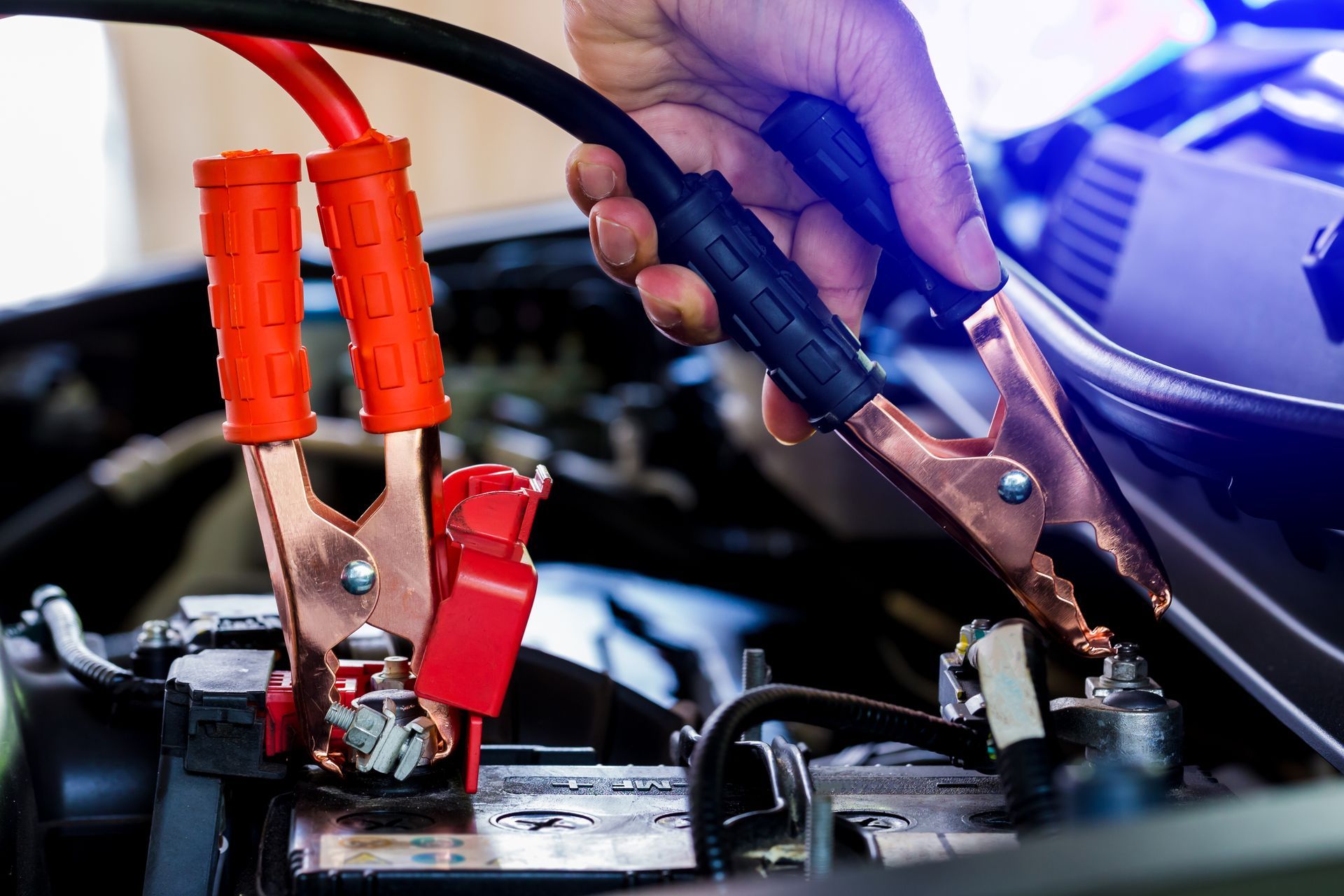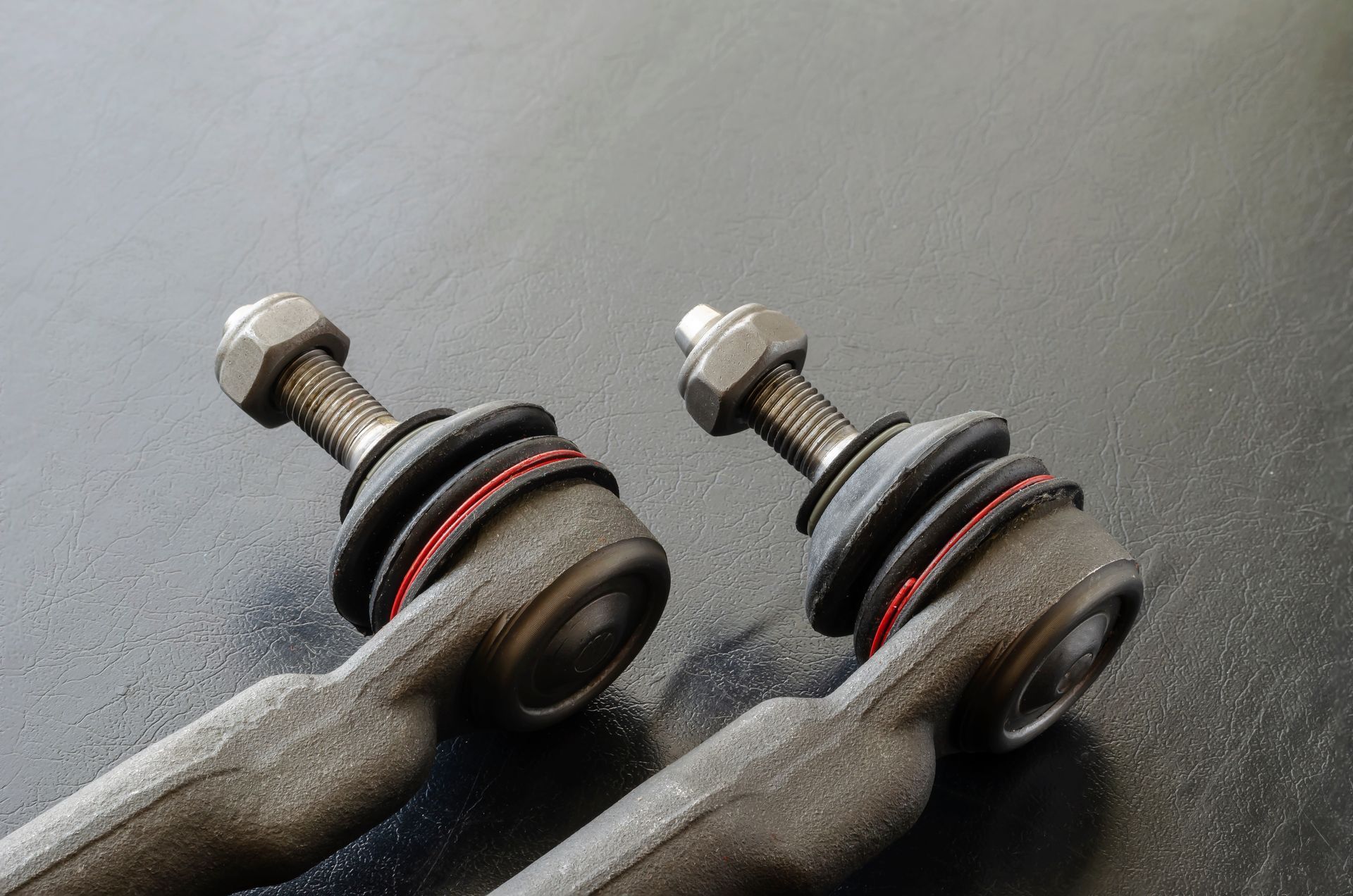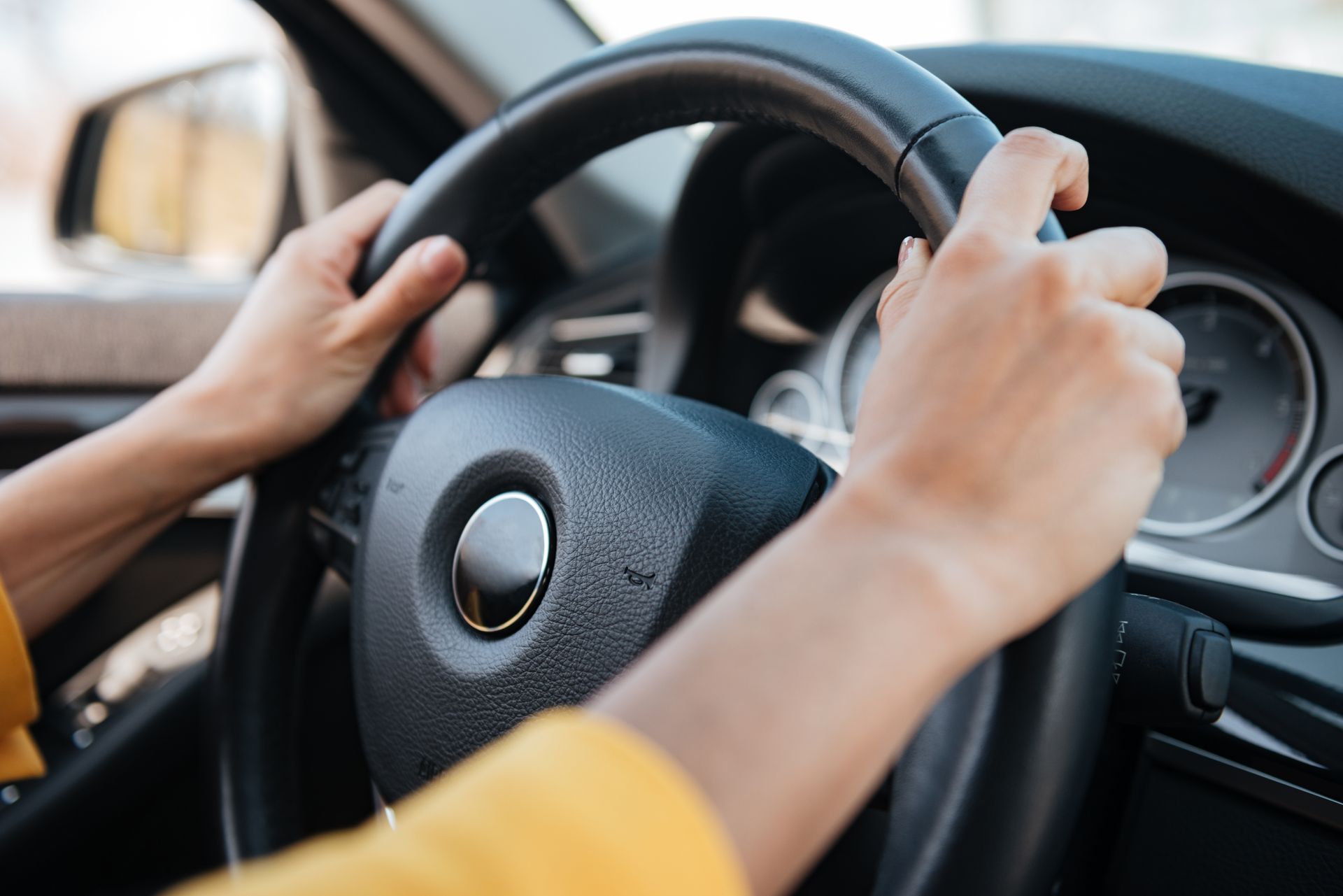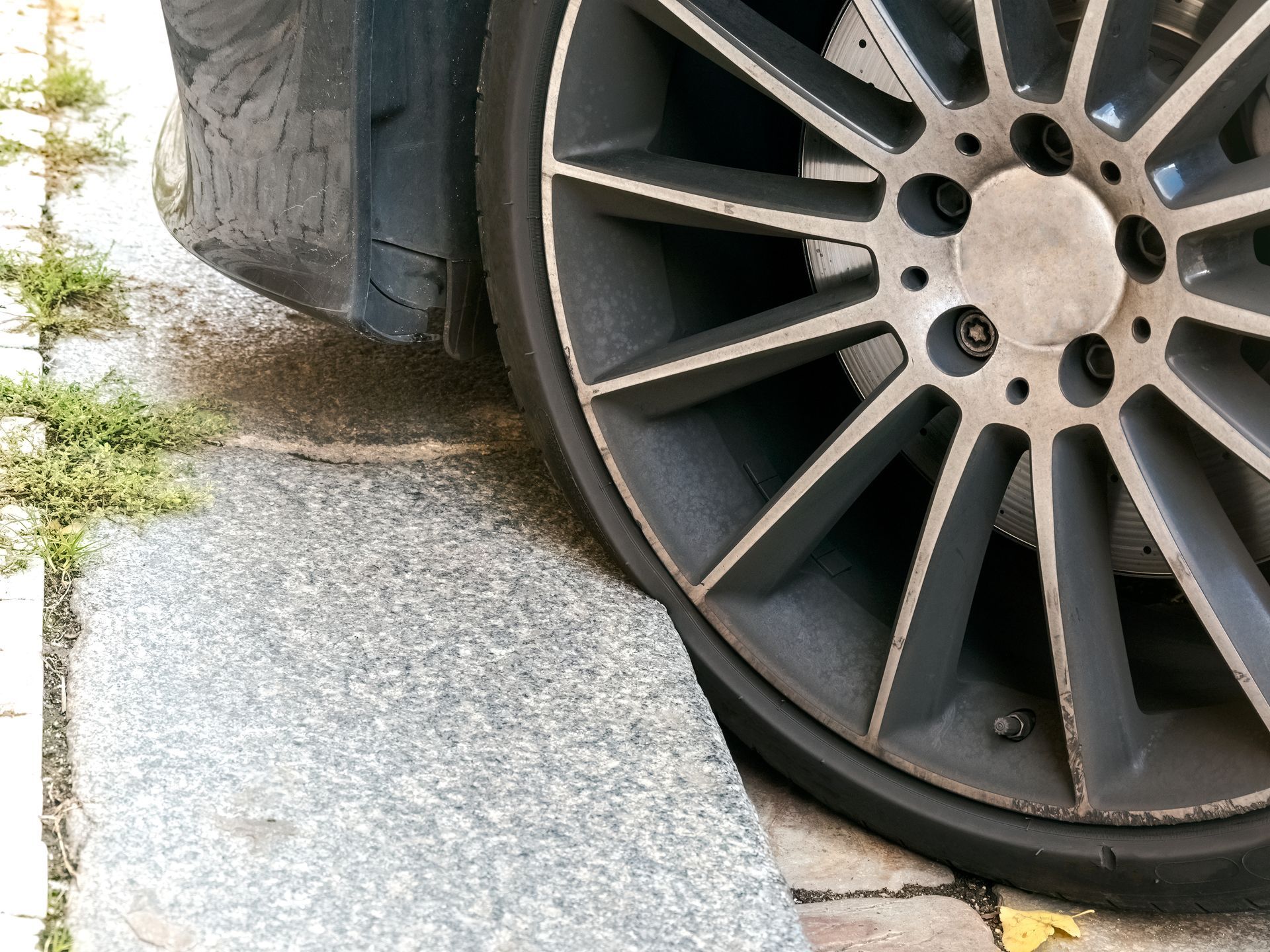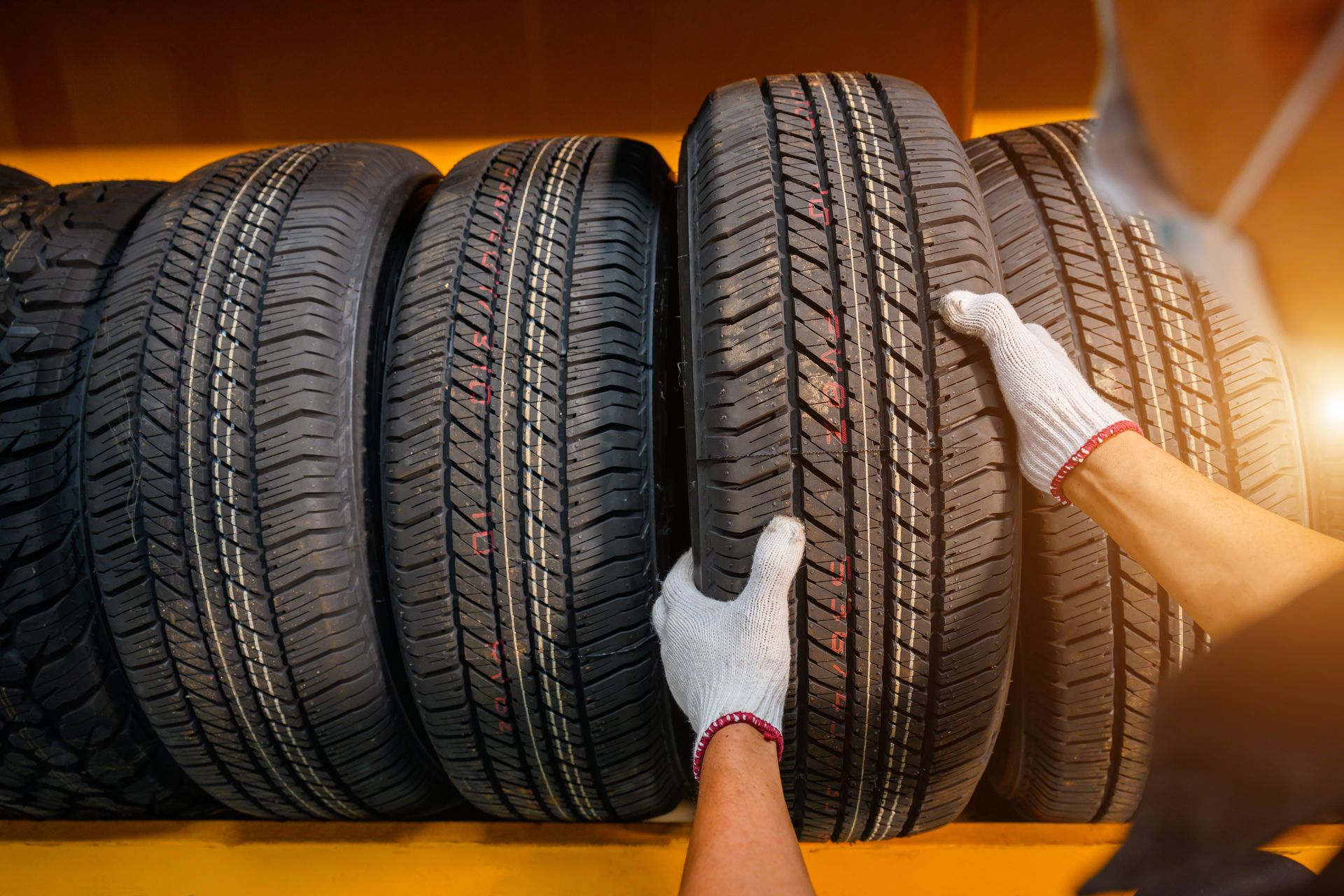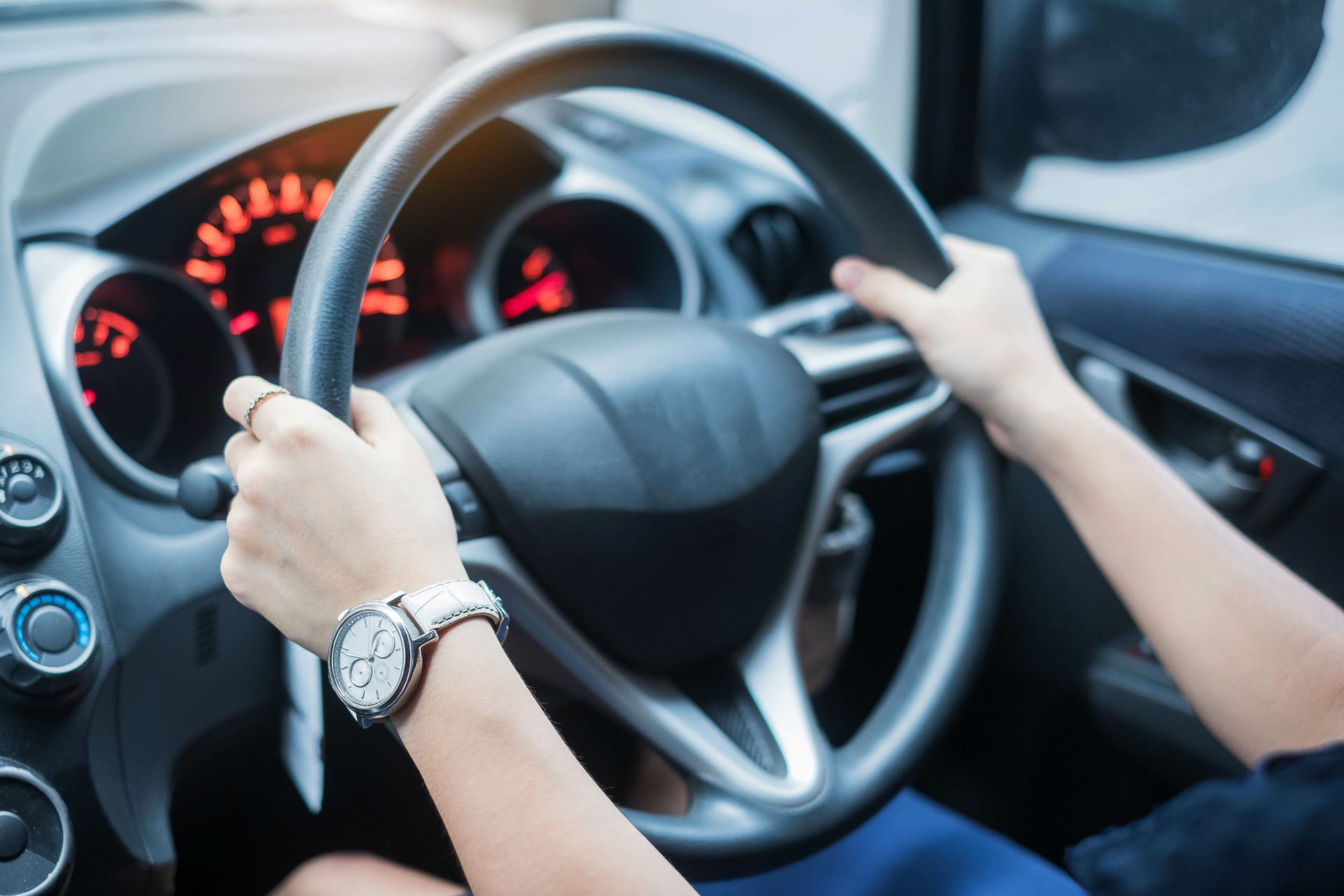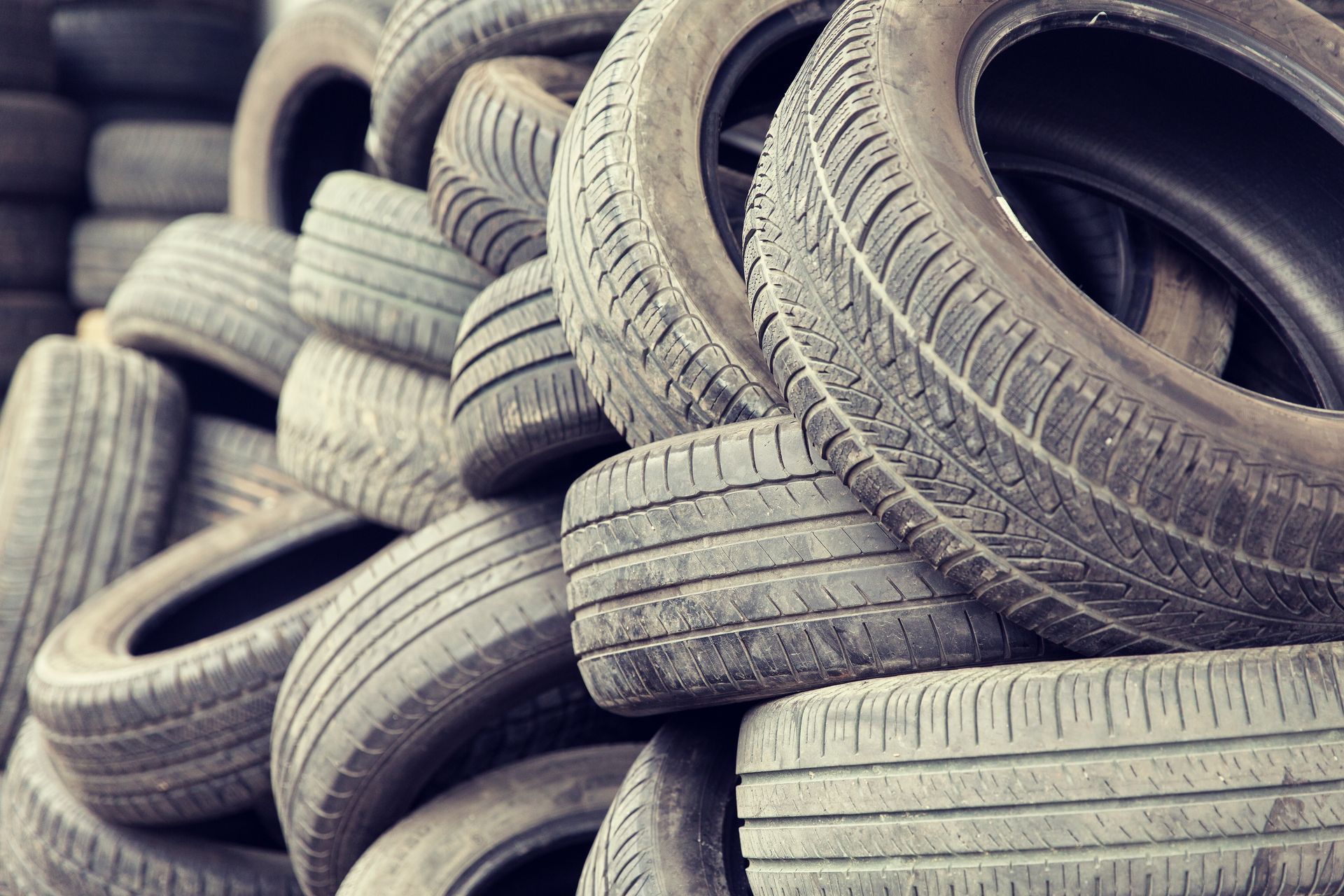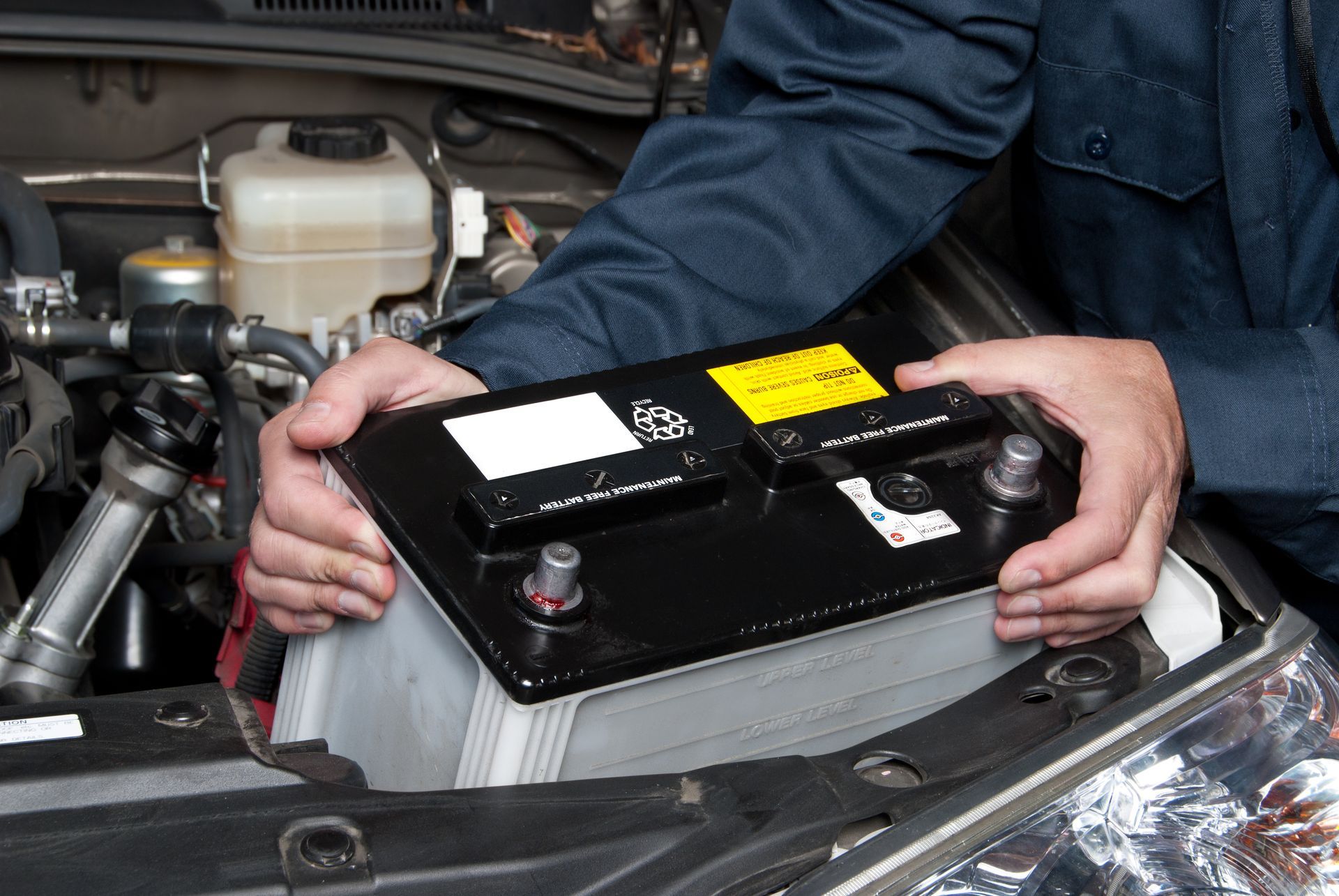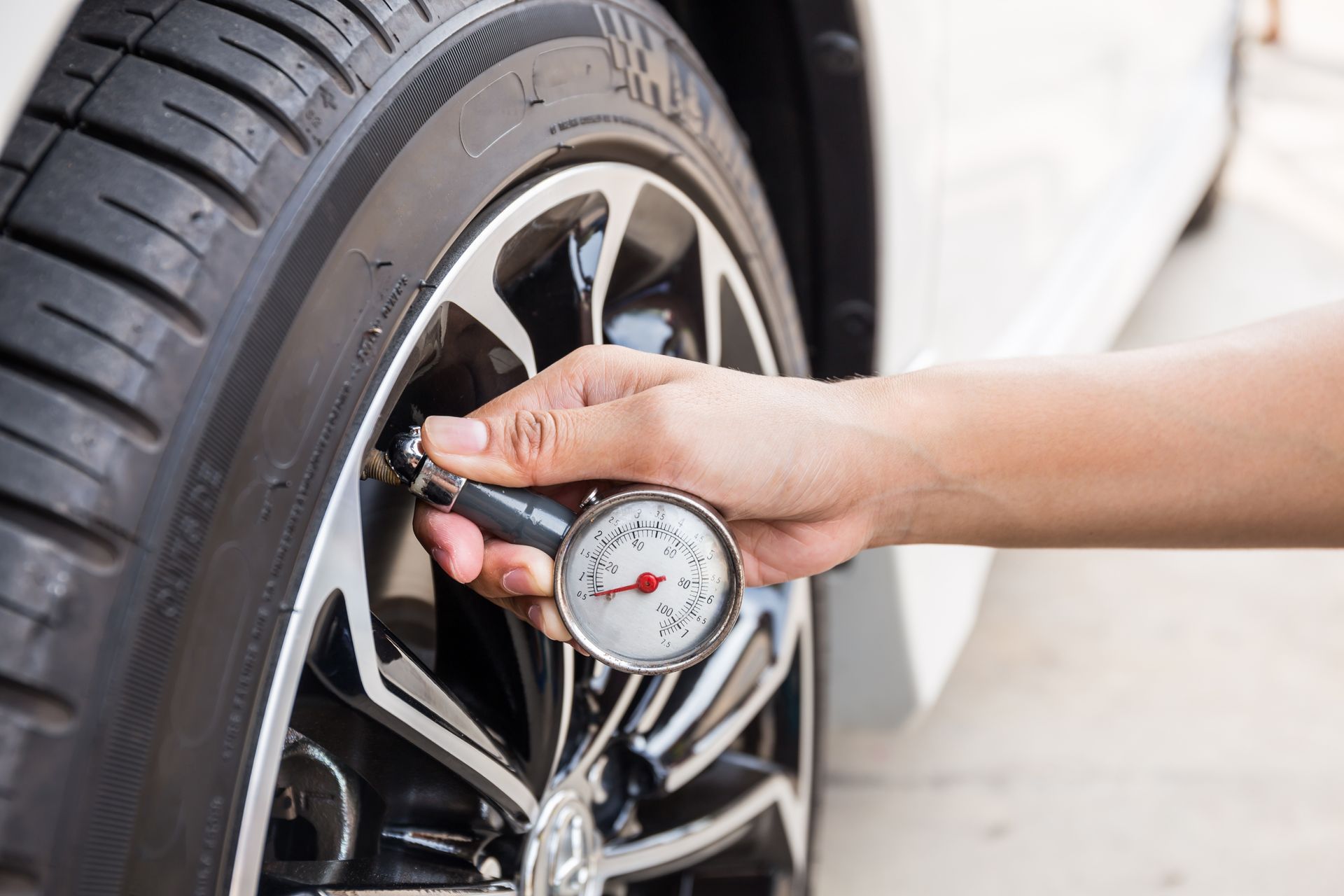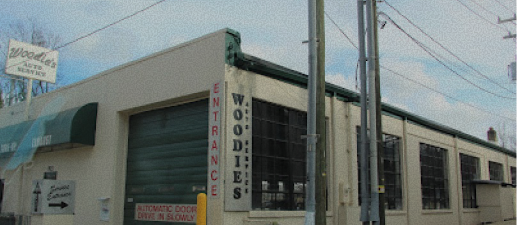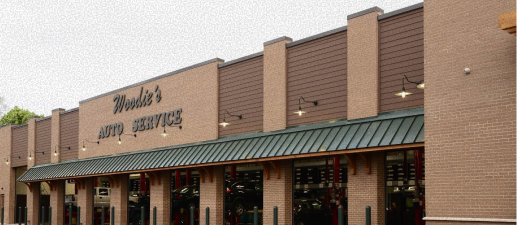What Is Causing My Car Starting Problem?
April 27, 2022
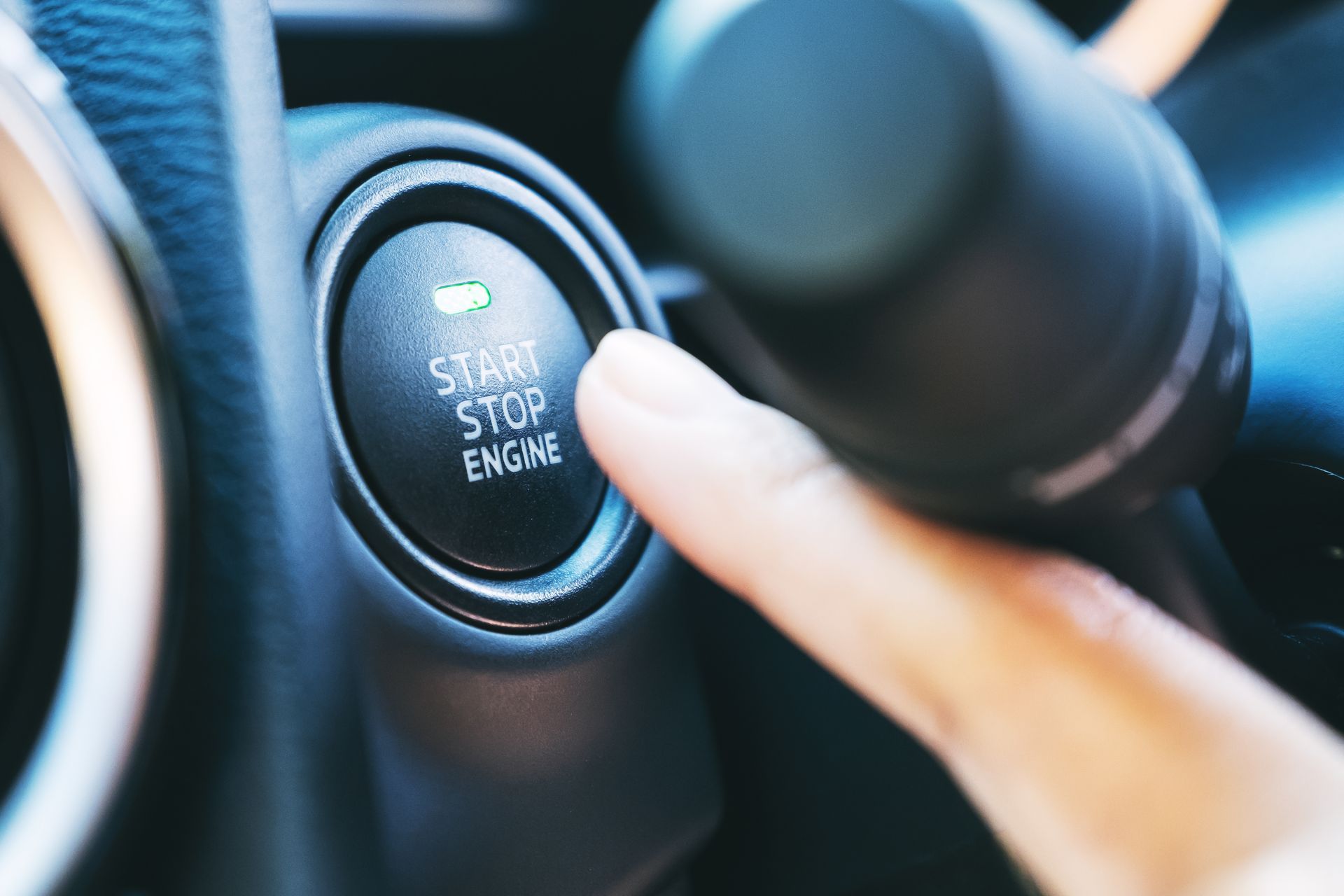
It's exciting when you drive the car off without difficulty, but this can quickly turn scary when the car won't start again. If you're wondering why your car won't start, we've got some of the most common causes:
Dead Battery
The first item to check if your car won't start is the battery. Maybe something depleted the car's battery overnight, or it's simply old. Over time, car batteries weaken and fail. Batteries may be drained due to aging, improper wire connections or accessories left on.
Corroded or Loose Battery Terminals
Even if the battery isn't dead, it may be having issues. Inspect the connections for loosened or rusted parts. The terminal clamps should be tight. Corrosion might impair the connection. Cleaning the terminals with baking soda and water is straightforward hack.
Dead Alternator
A defective alternator might also cause the car not to start. The alternator charges the battery while the car is running. When it fails, the battery loses charge. Occasionally, you will see alternator warning indicators. Look for dimmed headlights or difficulty starting. Also, a worn serpentine belt won't be able to power the alternator, leaving you with a dead alternator.
Starter motor failure
The starter is a basic electric motor that connects to the battery and tells the engine to start. If your vehicle is entirely dead when you turn the key and you can't hear the engine, your starter is probably broken. It may or may not crank over. This problem is usually accompanied by a clicking sound, indicating a failed starter.
Failed Ignition Switch
If the battery is charged and the starter works, but the engine won't start, it may be a malfunctioning ignition switch. But this reason has additional signs. When you attempt to start the engine, look for flickering dashboard lights and no engine sounds. You may also be unable to turn the key, suggesting a faulty ignition switch.
Defective Spark Plugs
Usually, spark plugs may last a long time. However, after 100,000 miles, it's best to replace them. Misfiring, rough idling, difficulty accelerating, poor fuel economy, and an illuminated "Check Engine" Light are all symptoms of faulty spark plugs. Defective plugs may cause the car to not start.
Out of Gas
Your car requires gasoline to run, so if the tank is empty, you can't start it. Usually, running out of gasoline occurs while driving, causing difficulty restarting the engine. With today's automobiles' precise fuel gauges, there is no reason to run out of petrol.
Clogged Fuel Filter
Part of the gasoline delivery system, the fuel filter traps debris that might otherwise harm the injectors and engine. However, after some time, the gasoline filter might clog. When this occurs, the engine lacks the component essential for combustion. The fuel filter should be changed regularly as part of routine maintenance.
Malfunctioning Fuel Pump
The fuel pump delivers gasoline from the tank to the engine. No combustion can occur until the gas reaches the engine. So the fuel pump must provide precisely the appropriate quantity of gasoline at the proper pressure. Upon starting the vehicle, the fuel pump sends gas. When the pump malfunctions, the gasoline cannot reach the engine, and the car stops running.
Electronic Malfunction
The latest vehicles are loaded with the latest technology. But these conveniences might cause concerns. Starting modules and remote keyless entry systems might fail. The Start button may fail to receive a proximity key code. A faulty key fob battery could cause starting problems.
If you pay close attention to the symptoms that your car is exhibiting, you should be able to determine the source of the problem. If you need a battery or alternator repair, we invite you to bring your vehicle to Woodie's Auto Service & Repair Center today!
